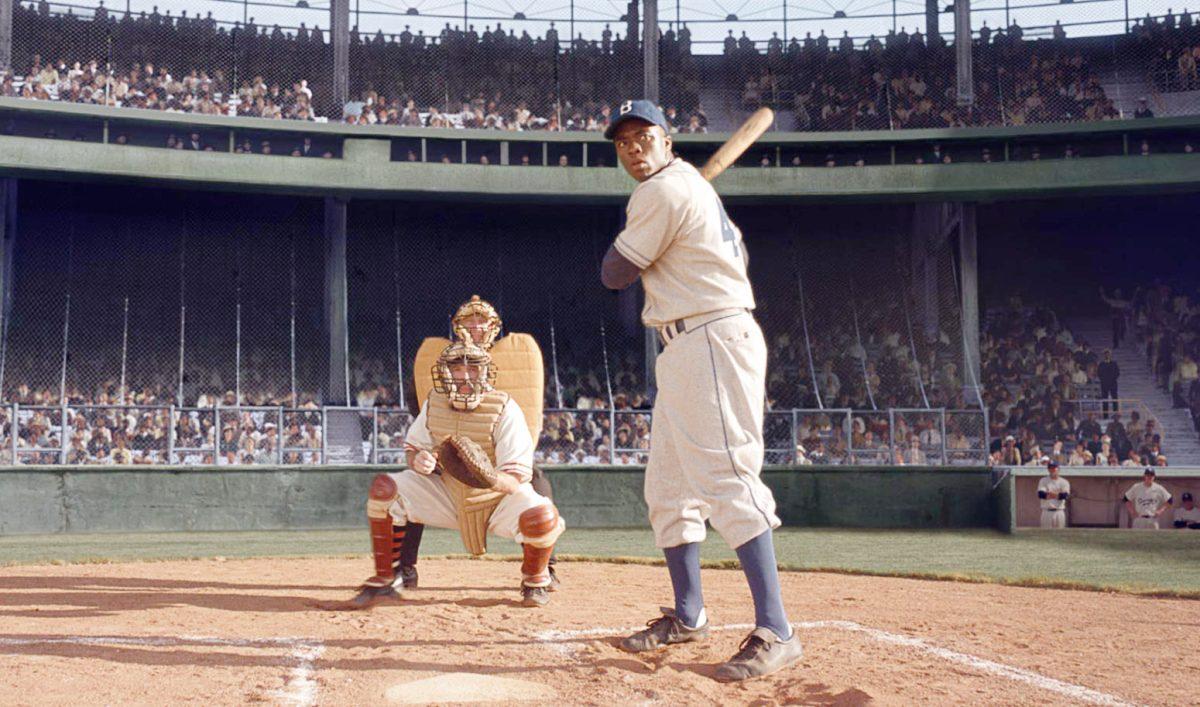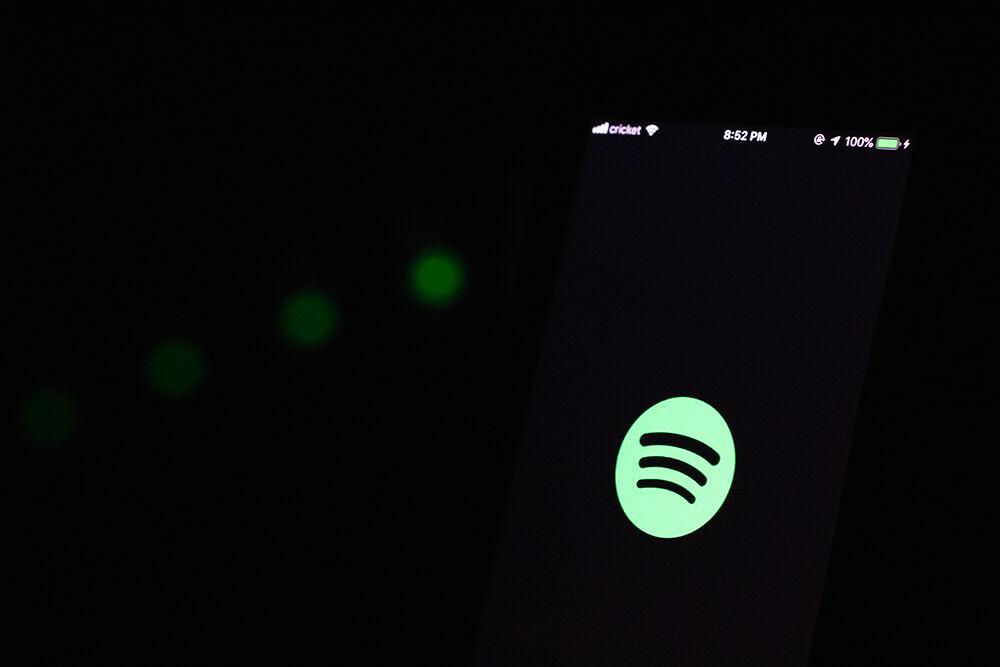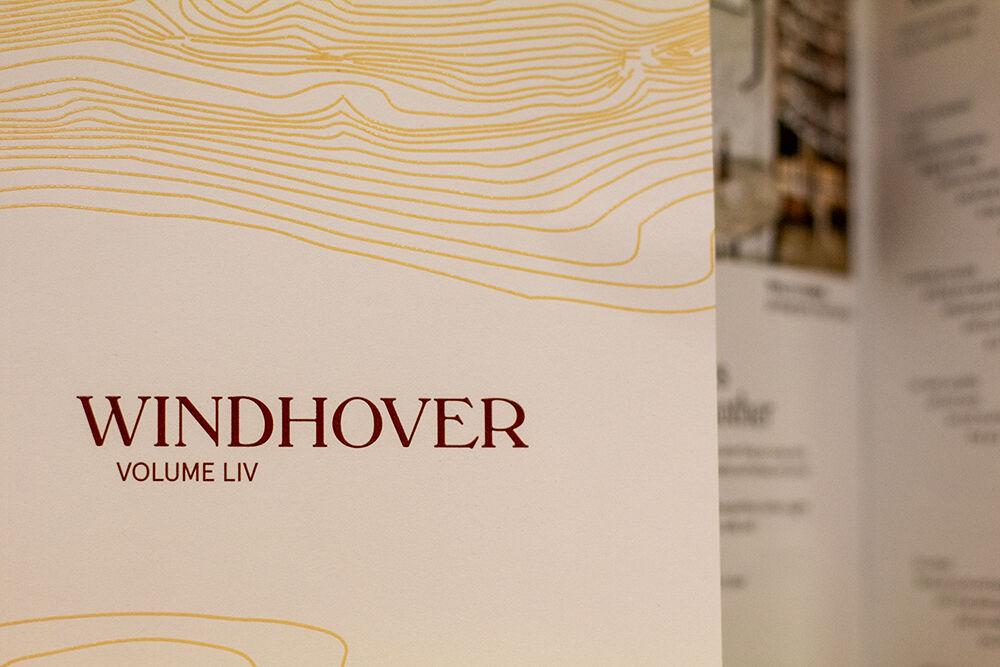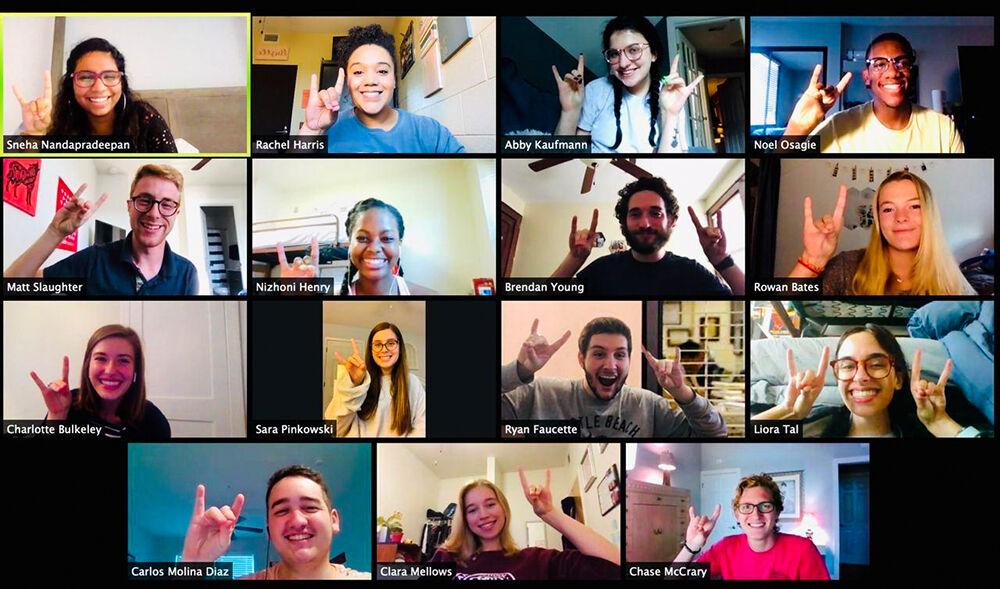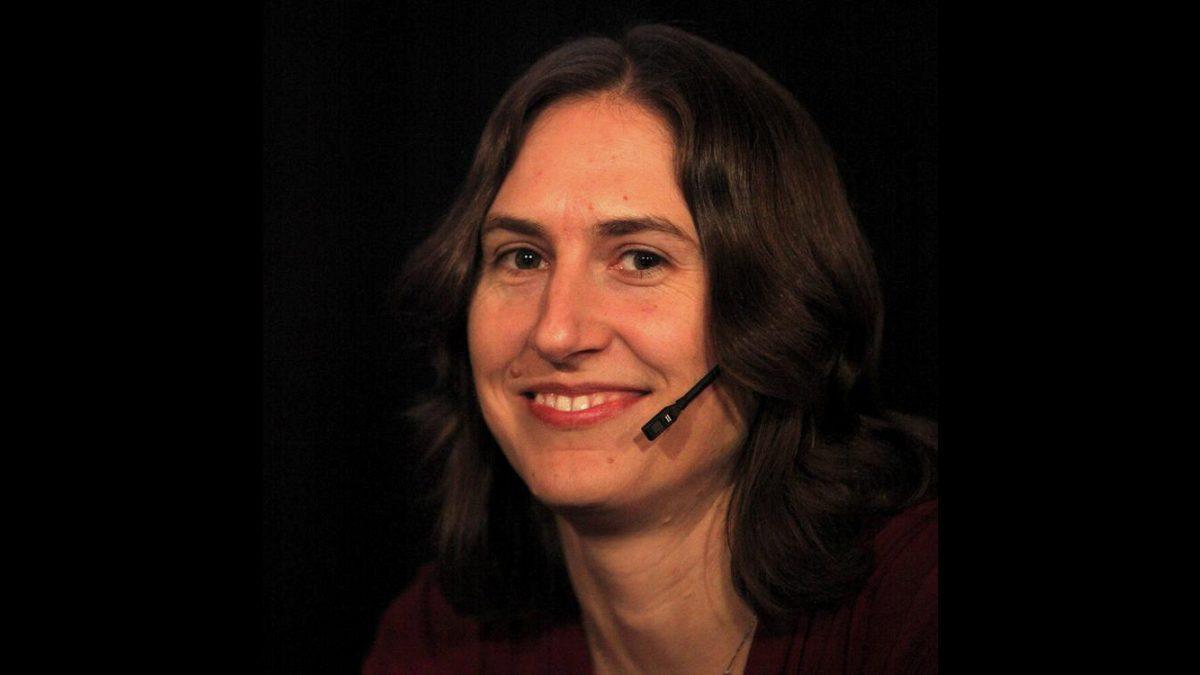42 Review
3 out of 5 stars
Recovered vintage rolls across the screen of 42 , boldly setting the World War II context and racially-charged tension of the film directed by Brian Helgeland. Following this footage is a freeze frame of Jackie Robinson, whose legendary number for the Brooklyn Dodgers emblazons the film title, charging mid-sprint.
It’s a near-perfect shot of how one man challenged the status quo of American baseball by becoming the first African American to play for the major leagues. Though Helgeland occasionally steers 42 into overdramatic feel-good family film territory, solid performances and an inspirational story steadied his hand.
Robinson’s journey — fraught with generations of ingrained racism, threats and abuse both in and out of the game — is worthy of attention. When the Dodgers’ general manager, Branch Rickey, controversially chooses to champion Robinson, all hell breaks loose.
The film’s two-hour running time encapsulates only a short sliver of Robinson’s life, primarily 1947 to 1948. It was during this time that he climbed up the ranks of baseball to garner a spot with the Brooklyn Dodgers.
In an era when bathrooms and water fountains still hung signs for “Colored Only,” Robinson faced a team and a white general public that resented his placement, merely because of his skin color.
This hatred, combined with a scandal that had manager Leo Durocher (Christopher Meloni) fired, left Robinson for the most part alone in the game he loved.
To quote Rickey, “We’re a ship with no captain and a typhoon is coming.”
With a cadence closer to a 90-year-old bulldog than an actual person, Harrison Ford gives us Rickey. The jury is still out on whether Ford was the best casting choice here, but he gets the job done well enough.
However, there’s no arguing with the decision to have Chadwick Boseman portray the late Robinson. Even with the immense challenge of living up to Robinson’s persona, Boseman’s own commanding presence onscreen is undeniable.
Standard, blocky lines stunted the actor at times, but his heart-wrenching, angry release following the crucial scene where the manager of the Philadelphia Phillies taunts Robinson on the field is pure acting prowess.
The unwaveringly supportive and quick-witted wife of Robinson, Rachel, is sufficiently played by Nicole Beharie. The dynamic between the two is endearing and understated. If baseball is the foundation of the film, then their love story is the backbone.
There’s something nostalgic and classically American about the roar of a crowd, the scent imagery of mowed grass and hotdogs, the hilariously strange analogies of commentators like Red Barber (John C. McGinley). Even the non-sports fans, such as I, will end up loving the game of baseball after seeing 42.
The crack of one of Robinson’s home-runs also does the trick.
Several side characters, such as the reporter Wendell Smith (Andre Holland) and future baseball player Ed Charles (Dusan Brown) as a kid, directly demonstrate Robinson’s influence on other African Americans during the time.
Still, I would have liked a better sense of who Robinson actually was, what it really cost him to remain silent in the face of his adversaries and be the better man. The over-dramatization of certain aspects of the plot, complete with soaring My Dog Skip-esque music, made generic what could have been a gritty testimonial to Robinson’s struggle.
The arrival of the film’s final scene of Robinson, in which he makes a victorious home-run lap in slow-motion, is a perfect example of this. It will either be excruciating or empowering, depending on how you felt about the film as a whole up until that point.
42, though honorable and generically safe, missed its opportunity to celebrate the legendary Jackie Robinson in a tour de force film.


